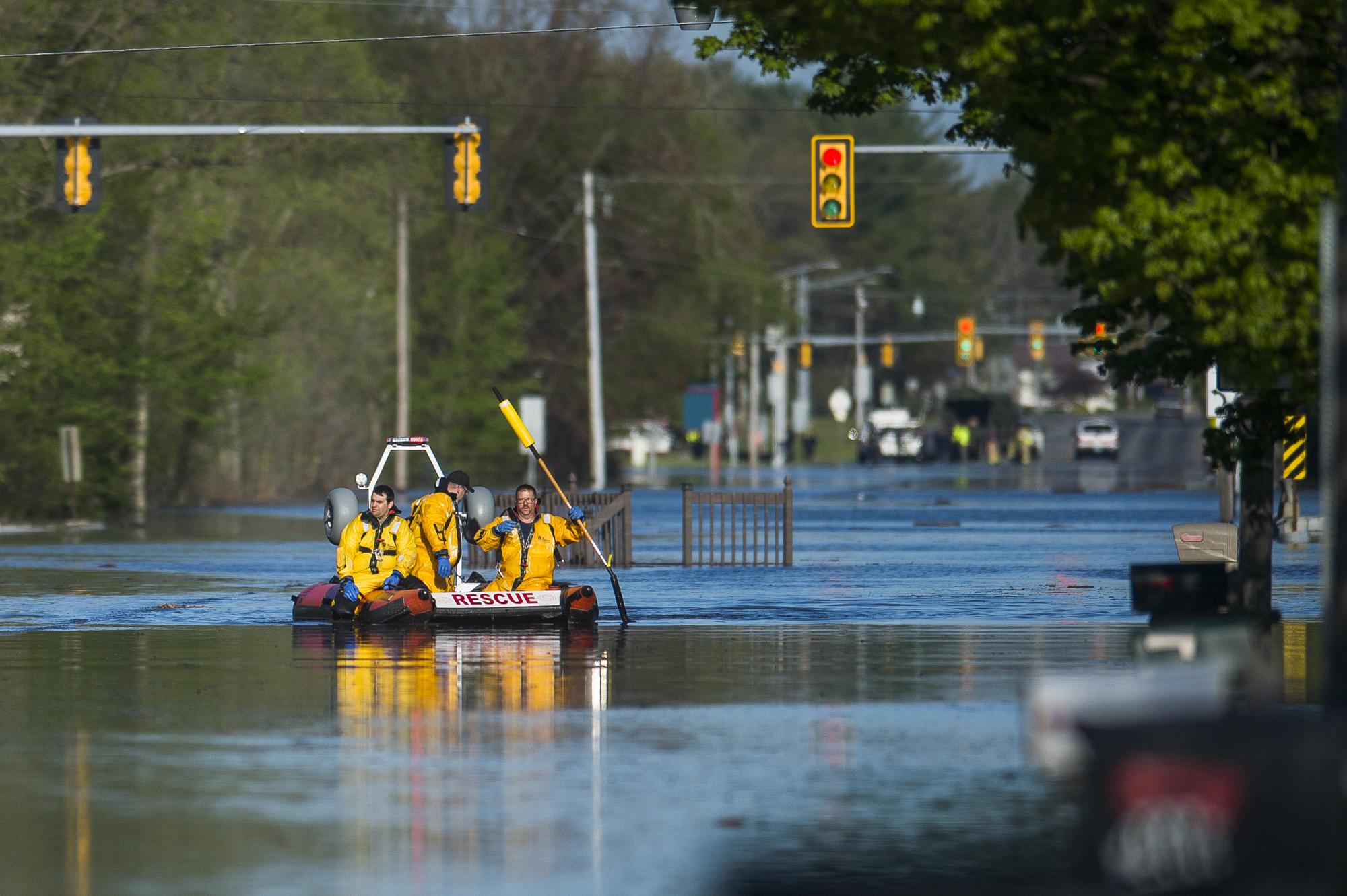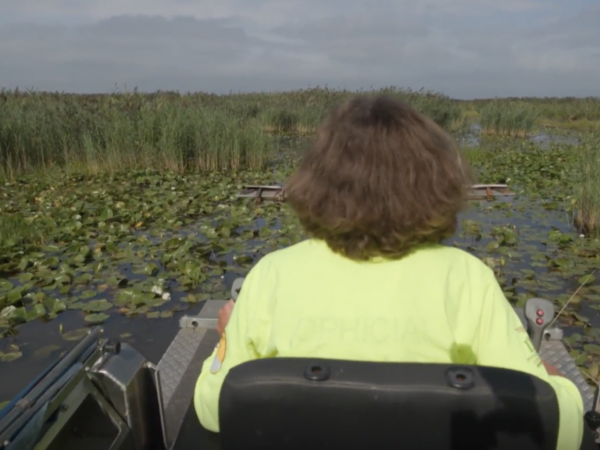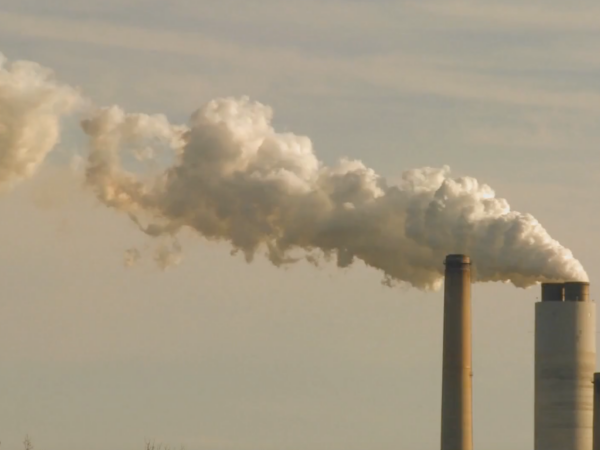
Keep up with energy-related developments in the Great Lakes area with Great Lakes Now’s biweekly headline roundup.
In this edition: Ontario Power Generation formally withdraws its application to construct a repository for nuclear waste near Lake Huron; Illinois looks to construct offshore energy wind turbines but faces resistance; University of Minnesota may expand viability of geothermal energy in Midwest; and flood-ravaged Midland, Michigan, coming around on renewable energy.
Click on the headline to read the full story:
Illinois:
- Illinois Struggles to Meet Renewable Energy Goals, Could Offshore Wind Turbines Help? – WBEZ Chicago
Offshore wind energy has been steadily gaining popularity across the Great Lakes region, with Illinois being no exception. Unlike land wind energy, offshore turbines would be closer to where most Illinois residents live, reducing costs and infrastructure challenges of transporting wind-derived power.
Michigan:
- Post Flooding, Midland, Michigan Considers Benefits of Renewable Energy – Midland Daily News
In the wake of massive flooding in Midland, Michigan, damaging thousands of homes and businesses, after the Edenville and Sanford dams failed has generated discussion on the broader implications of climate change and the need to switch towards renewable energy, according to a webinar hosted by Traverse City-based Groundwork Center, the Michigan Center for Progressive Public Policy and the Michigan Climate Action Network. Speakers emphasized the connection between the usage of fossil fuels and its impact on climate change, which in turn contributes to erratic weather patterns, elevated water levels and declining wetlands, which function as natural barriers to flooding.
Minnesota:
- Technological Innovation from University of Minnesota Could Make Geothermal Cheaper, More Efficient in Midwest – Energy News Network
Darcy Solutions, a startup company using technology developed at the University of Minnesota, is promising the potential to lower the costs of geothermal heating and cooling by tapping into aquifers with shallower wells. The region’s high water table, the legacy of its geographic history of glacial melt, makes it much more suitable for geothermal boring than other regions of the U.S.
Ontario:
- Ontario Utility Withdraws Application for Nuclear Waste Storage Site Near Lake Huron, a Victory for Michigan and Indigenous Canadian Tribe – Detroit Free Press
After more than 16 years of litigation and back and forth between Michigan and the Province of Ontario, Ontario Power Generation’s plans to construct a Deep Geological Repository to store nuclear waste near Lake Huron have formally fallen through. The utility withdrew a construction application filed alongside the Canadian Nuclear Safety Commission, while also withdrawing an environmental assessment by Canada’s environmental regulator. In 2013, OPG made a pledge that it would abandon the project if it did not have the approval of the First Nations tribe.
Catch up on other Great Lakes energy headlines here:
Great Lakes Energy News Roundup: DTE Energy rate hike, Chicago firm fined for polluting canal
Featured image: A search and rescue boat is deployed as Saginaw Road is closed at Drake due to water over the road while floodwater rises in Midland, Mich., Wednesday, May 20, 2020. (Katy Kildee/Midland Daily News via AP)




